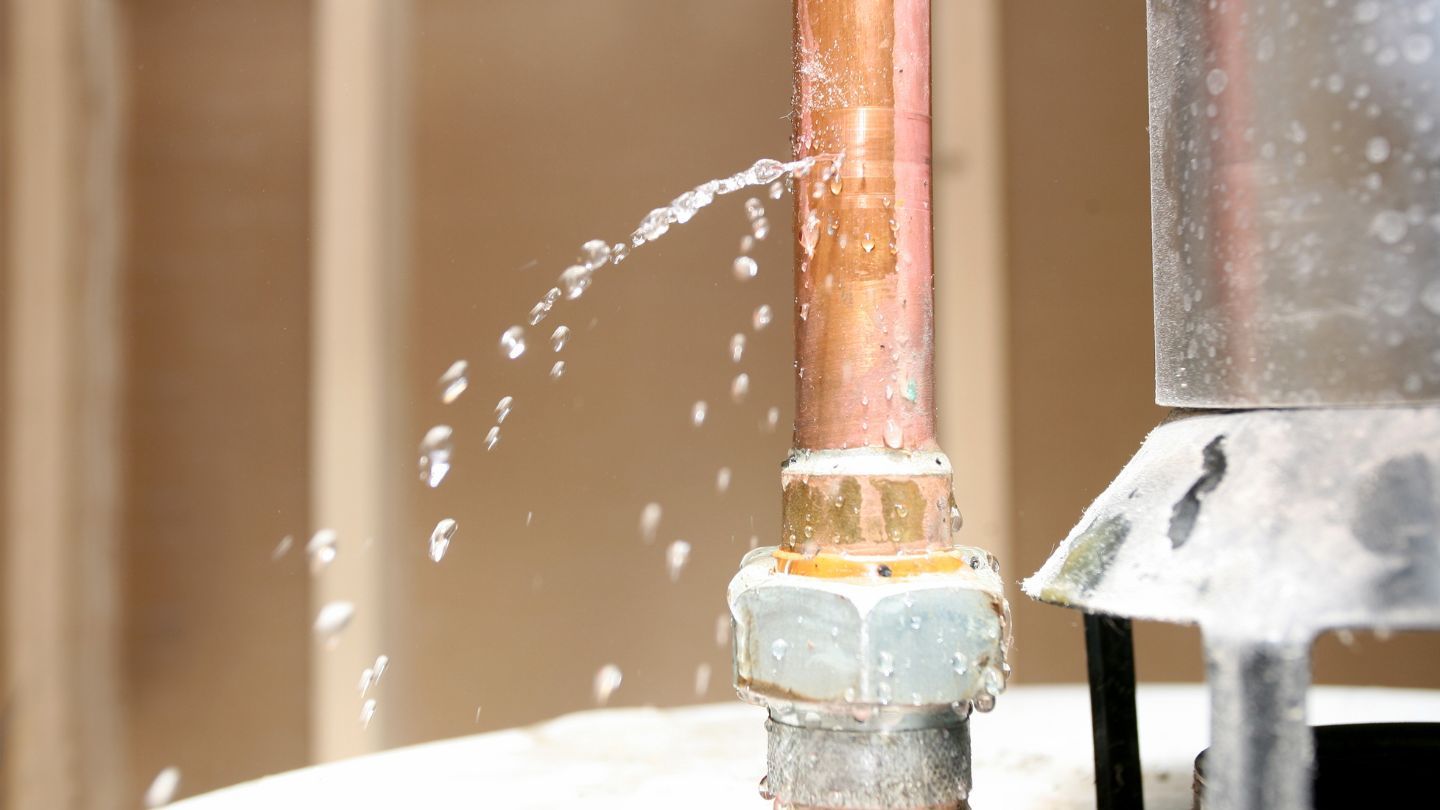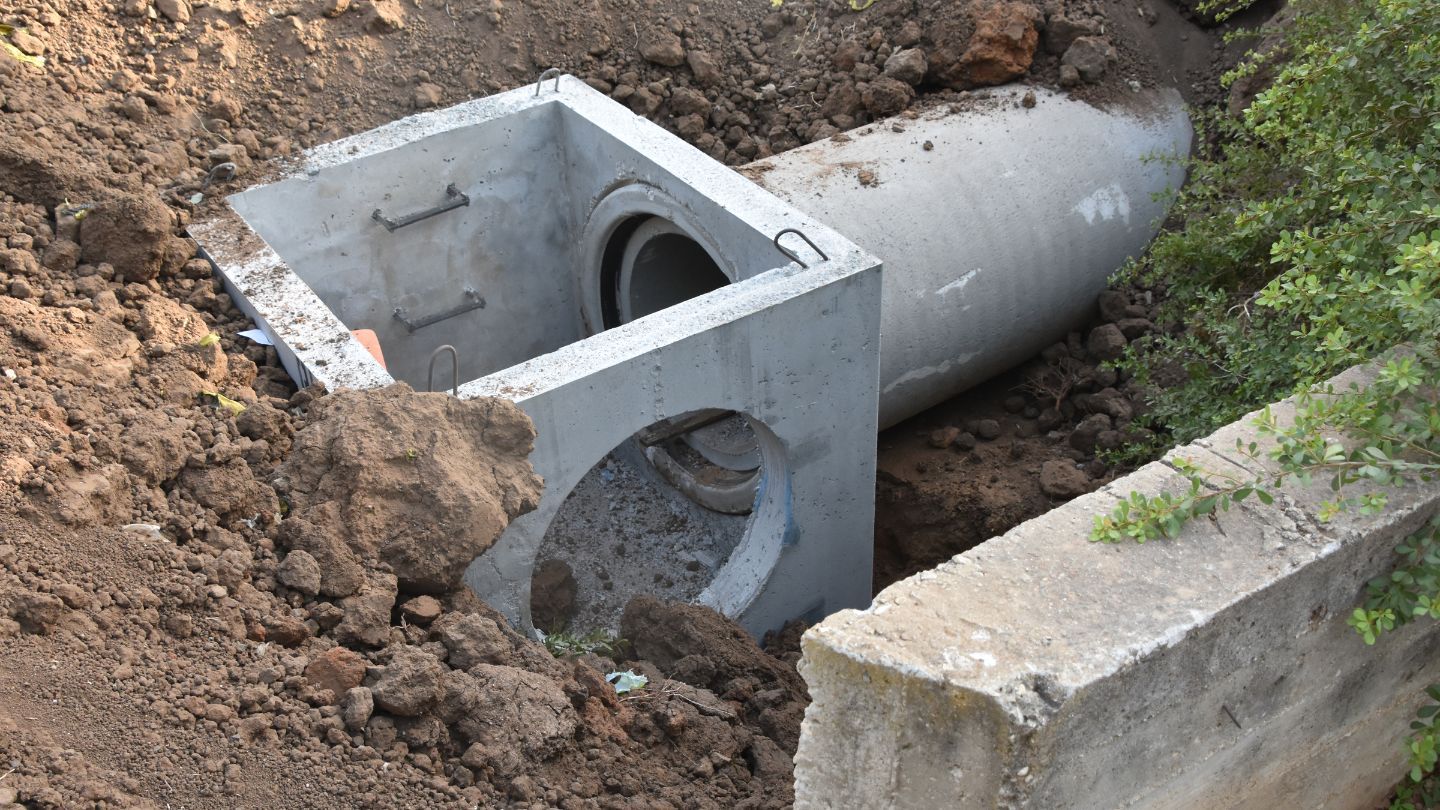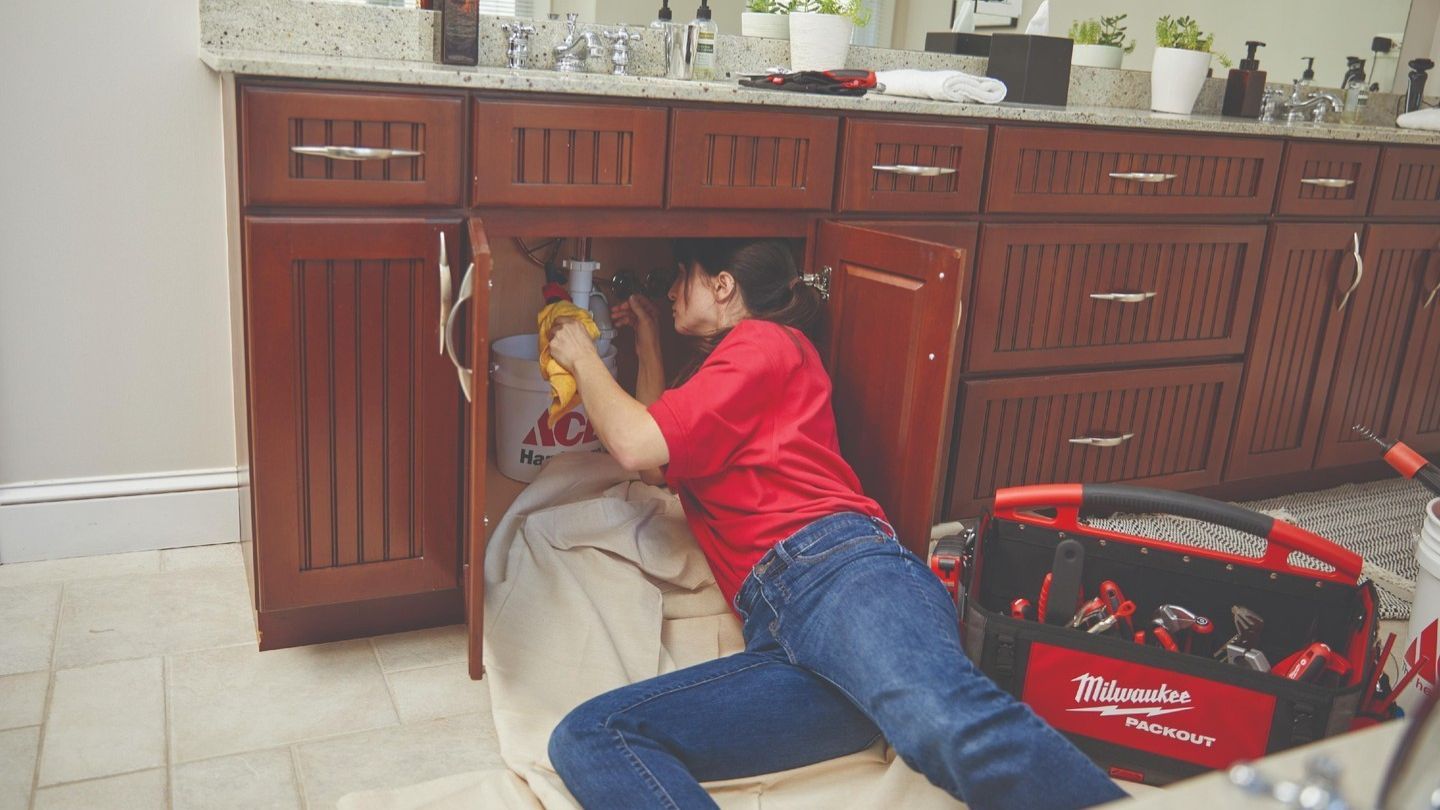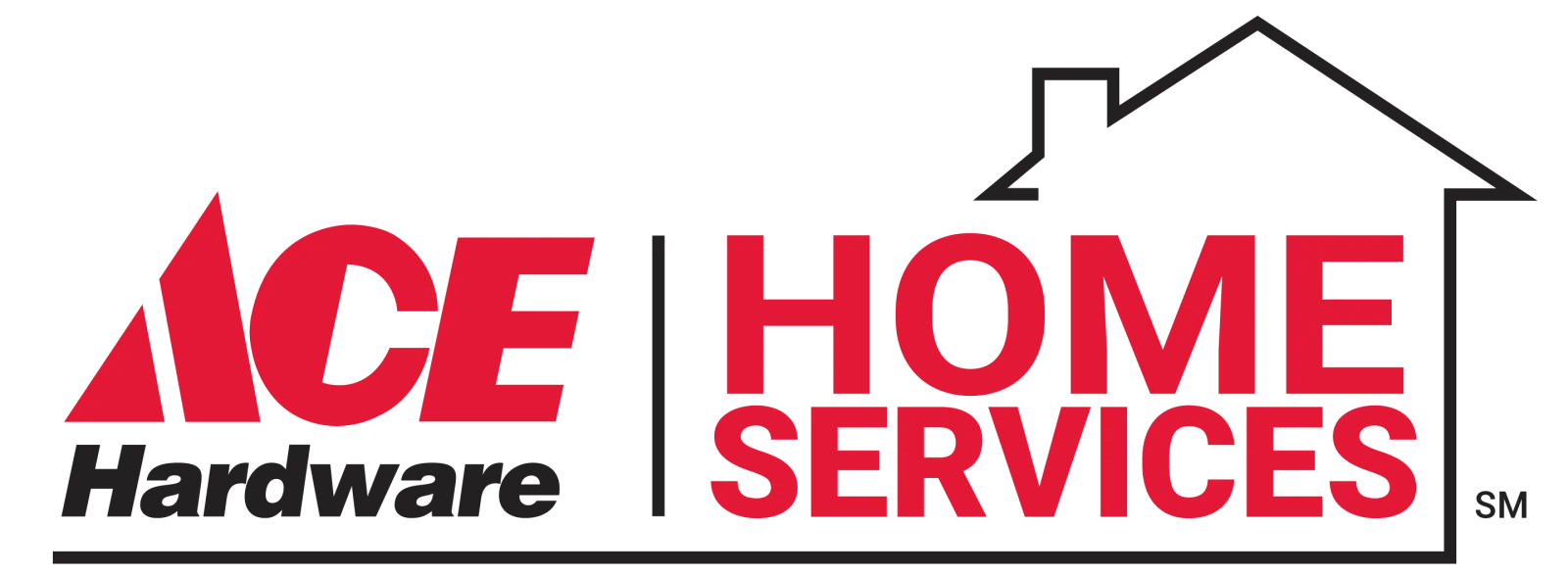Are you a Georgia homeowner
looking to tackle plumbing issues on your own? Before you start, be aware of
some common DIY plumbing mistakes in Georgia that can cost you time and money.
In this blog, we'll highlight the top blunders people make and provide tips on
how to avoid them. This guide will help you ensure your plumbing projects are
successful, avoiding the pitfalls that many in Georgia have encountered.
Key Takeaways
·
Ignoring
minor leaks can lead to significant water waste and costly repairs; regular
inspections and prompt repairs are essential.
·
Using
the correct tools and materials for plumbing projects is critical to prevent
leaks, structural damage, and injuries.
·
Hiring
professional plumbers
for complex installations and persistent issues ensures compliance with
regulations and minimizes the risk of future plumbing problems.
Ignoring Minor Leaks

A common mistake homeowners
make in DIY plumbing is neglecting small leaks. While a dripping faucet may seem like a minor nuisance, these
small leaks can add up, causing significant water waste and increased utility
bills. Beyond the financial impact, unchecked leaks can indicate deeper
plumbing issues, such as corroded pipes or faulty connections.
Professional plumbers use
specialized diagnostic tools, such as leak detection equipment, to identify
hidden leaks behind walls or under flooring. By addressing these issues early,
professionals prevent extensive water damage, mold growth, and expensive structural
repairs. Scheduling routine inspections ensures potential leaks are caught
before they escalate into serious plumbing failures.
Neglecting maintenance can turn
simple plumbing issues into costly repairs. A persistent leak can weaken
drywall, damage wooden structures, and contribute to foundational problems.
Instead of relying on DIY temporary fixes, professional plumbing services ensure long-term solutions with proper
materials and industry-standard repair techniques.
Using the Wrong Tools and Materials
Another major and costly
mistake in DIY plumbing is using incorrect tools and materials. Many homeowners
attempt repairs with makeshift tools or mismatched pipe fittings, leading to
leaks, pressure imbalances, and compromised plumbing integrity.
Professional plumbers have
access to advanced equipment and industry-approved materials that ensure
durability and efficiency. For example, using the wrong type of piping—such as connecting copper pipes with
incompatible materials—can cause corrosion and water contamination.
Professionals also follow manufacturer guidelines and building codes to ensure
proper installations and safe connections.
Moreover, attempting to tighten
fittings without the right wrenches can result in stripped threads, increasing
the risk of leaks. Instead of using improper tools, relying on skilled
professionals guarantees secure connections and long-lasting results.
Before undertaking any plumbing
project, it's essential to have the right expertise, as using substandard tools
and materials can lead to extensive water damage and future repair costs.
Improper Installation of Plumbing Fixtures
Incorrect installation of
plumbing fixtures can lead to ongoing issues such as water leaks, inefficient performance, and system
malfunctions. Many homeowners fail to follow manufacturer instructions,
resulting in improperly sealed connections and unstable fixtures.
A professional plumber ensures
that every fixture—from toilets and sinks to showers and faucets—is installed
correctly according to building codes. For instance, toilets that are not
properly sealed at the base can develop leaks that cause water damage to
bathroom floors. Similarly, incorrect installation of water supply lines can
lead to weak water flow or sudden bursts.
By hiring a licensed plumber,
homeowners avoid costly repairs and premature fixture replacements.
Professionals use precise measurement techniques, pressure testing, and
high-quality sealing materials to ensure installations function smoothly for
years.
Neglecting Proper Drainage Slope

An often overlooked aspect of
plumbing installations is ensuring the correct drainage slope. If pipes are not
installed with the right incline, wastewater can back up, leading to slow
drains and potential sewer problems.
Proper drainage slope is a
fundamental principle that professional plumbers meticulously follow. In most
cases, a slope of 1/4 inch per foot is required for optimal flow. However,
different pipe diameters and layouts may require adjustments based on local
plumbing codes.
Incorrect slopes—whether too
steep or too flat—can cause drainage inefficiencies. Too much slope results in
water flowing too quickly, leaving solid waste behind, while too little slope
leads to frequent clogs. Professionals use laser levels and specialized slope
measurement tools to ensure precise pipe angles, preventing future drainage
issues.
Overusing Chemical Drain Cleaners
Many homeowners turn to
chemical drain cleaners as a quick fix for clogged pipes, but excessive use of
these harsh chemicals can corrode plumbing systems over time. While they may
provide temporary relief, repeated exposure to chemical solutions weakens pipes,
leading to leaks and structural deterioration.
Professional plumbers use
industry-approved methods for clearing drain blockages, such as hydrojetting,
which uses high-pressure water to remove buildup without damaging pipes.
Plumbers also conduct camera inspections to identify the root cause of persistent
clogs, whether it's grease buildup, tree root intrusion, or pipe misalignment.
Instead of relying on chemical
solutions that can be harmful to both plumbing systems and the environment,
professional drain cleaning services ensure safe and long-lasting results with
minimal risk to your home's plumbing infrastructure.
When to Call a Professional Plumber

Engaging in DIY plumbing can be
rewarding, but certain situations necessitate calling a professional plumber.
Persistent leaks, low water pressure, or complex installations require expert
handling to prevent substantial water damage and costly repairs. Ignoring these
issues or failing to adhere to local building codes can lead to legal
complications and void warranties on fixtures. Professional plumbers possess
the expertise to accurately address continuous leaks and water damage, ensuring
compliance with regulations. Complex tasks like water heater repairs demand
skilled professionals to avoid mishaps and ensure a functional plumbing system.
Recognizing when to seek expert intervention not only prevents common DIY
plumbing mistakes but also saves money on future repairs, maintaining safety
and efficiency in your home's plumbing infrastructure.
Persistent Leaks and Water Damage
Leaving leaks unattended can
cause significant water damage, mold growth, and structural deterioration. A
small leak hidden behind walls or under flooring can lead to rotting wood,
compromised drywall, and costly restoration expenses.
Professional plumbers use leak
detection technology such as thermal imaging and acoustic sensors to locate
hidden leaks and prevent further damage. Unlike DIY patchwork solutions, expert
plumbing services provide long-term repairs that maintain the integrity of the
entire plumbing system.
Additionally, water damage from
persistent leaks can create unsafe living conditions, contributing to mold and
mildew. Certified plumbers not only repair leaks but also assess the extent of
damage and recommend preventive measures to safeguard the home's foundation.
Low Water Pressure
Low water pressure can be
frustrating and often indicates deeper plumbing issues, such as clogged pipes,
corroded fixtures, or water line damage. Many homeowners attempt to fix water
pressure problems by cleaning faucet aerators, but this is often just a
temporary solution.
Licensed plumbers conduct
thorough assessments to diagnose the root cause of water pressure fluctuations.
Whether it's a municipal supply issue, sediment buildup in pipes, or a hidden
leak, professionals use advanced tools like pressure gauges and flow meters to
identify and resolve the problem.
By opting for professional
services, homeowners can restore consistent water pressure while ensuring
plumbing systems remain efficient and up to code.
Complex Installations
Major plumbing
installations—such as replacing a water
heater, installing a
new sump pump, or rerouting water lines—require professional expertise to
ensure safety and compliance with regulations.
Incorrect installations can
lead to inefficiencies, leaks, or even hazardous conditions like gas leaks in
water heater connections. Licensed plumbers handle complex installations with
precision, following industry best practices to prevent costly errors.
For example, water heater
installations require
proper venting, temperature regulation, and pressure relief systems to function
safely. Professionals also ensure all connections are leak-free and
energy-efficient, reducing the risk of malfunctions.
Instead of risking improper
setups, hiring skilled professionals guarantees that all installations are
performed correctly, minimizing future repair costs and maximizing longevity.
Benefits of Professional
Plumbing Services
Hiring professional
plumbers is the best
way to avoid costly DIY mistakes and ensure a reliable plumbing system. With
their expertise and specialized tools, professionals handle plumbing challenges
efficiently while preventing future issues. Routine inspections help identify
potential problems early, reducing the risk of major repairs. Key benefits of
professional plumbing services are:
·
Expertise
& Specialized Tools
- Professionals use advanced tools and industry-approved materials to ensure
safe, accurate, and long-lasting repairs.
·
Quality
Assurance & Warranty
- Reliable plumbing services come with satisfaction guarantees and warranties,
ensuring peace of mind.
·
24/7
Emergency Services
- Immediate assistance is available for urgent plumbing issues to prevent
further damage and disruptions.
·
Regulatory
Compliance -
Professional plumbers ensure all work meets local codes and standards,
preventing legal or safety issues.
·
Cost
Savings in the Long Run
- Proper installations and repairs prevent recurring problems, saving
homeowners from expensive future repairs.
Choosing professional plumbing
services ensures a well-functioning, efficient, and durable plumbing system
while eliminating the risks associated with DIY repairs.
Summary
Avoiding costly DIY plumbing
mistakes is vital for Georgia homeowners who wish to maintain a reliable and
efficient plumbing system. Ignoring small leaks, using incorrect tools,
improperly installing fixtures, neglecting proper drainage slopes, and overusing
chemical drain cleaners can lead to significant damage and expensive repairs.
A-Total Plumbing, an Ace Home
Services Company, offers exceptional plumbing service in Acworth, providing expert solutions for
persistent leaks, low water pressure, and complex installations. Our licensed
professionals ensure adherence to industry standards and local building codes,
delivering high-quality workmanship and 24/7 availability for both urgent
repairs and routine maintenance. Trust in our expertise to save money in the
long run and ensure the durability of your home's plumbing infrastructure.
Contact us today to secure your plumbing's future with our top-tier services!
Frequently Asked Questions
1. What are the risks of DIY plumbing repairs?
DIY plumbing mistakes can lead
to water damage, leaks, pipe corrosion, and even costly structural repairs.
Without proper tools and expertise, small errors can quickly turn into
expensive issues.
2. How can I tell if a plumbing issue requires
professional help?
Signs like persistent leaks,
low water pressure, slow drainage, or recurring clogs indicate deeper problems
that require expert diagnosis and repair to prevent long-term damage.
3. Why is regular plumbing maintenance important?
Routine maintenance helps
detect minor issues before they escalate, improves system efficiency, and
extends the lifespan of pipes and fixtures, ultimately saving money on major
repairs.

